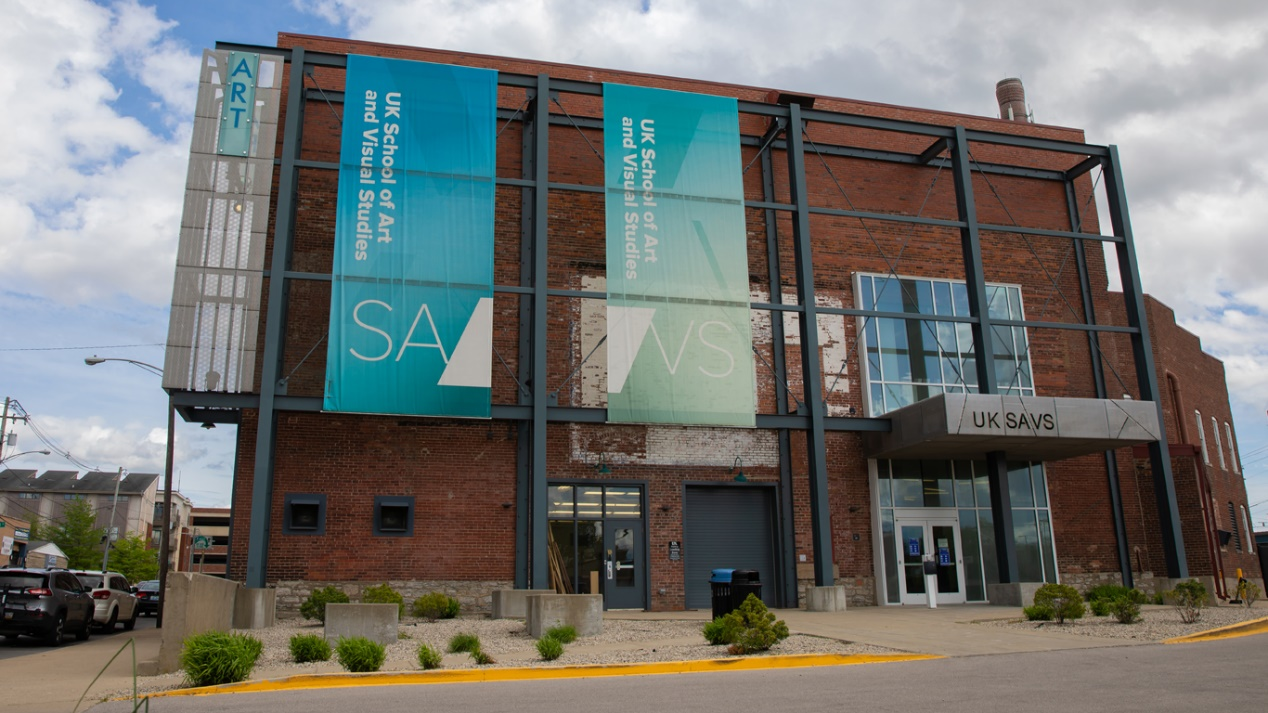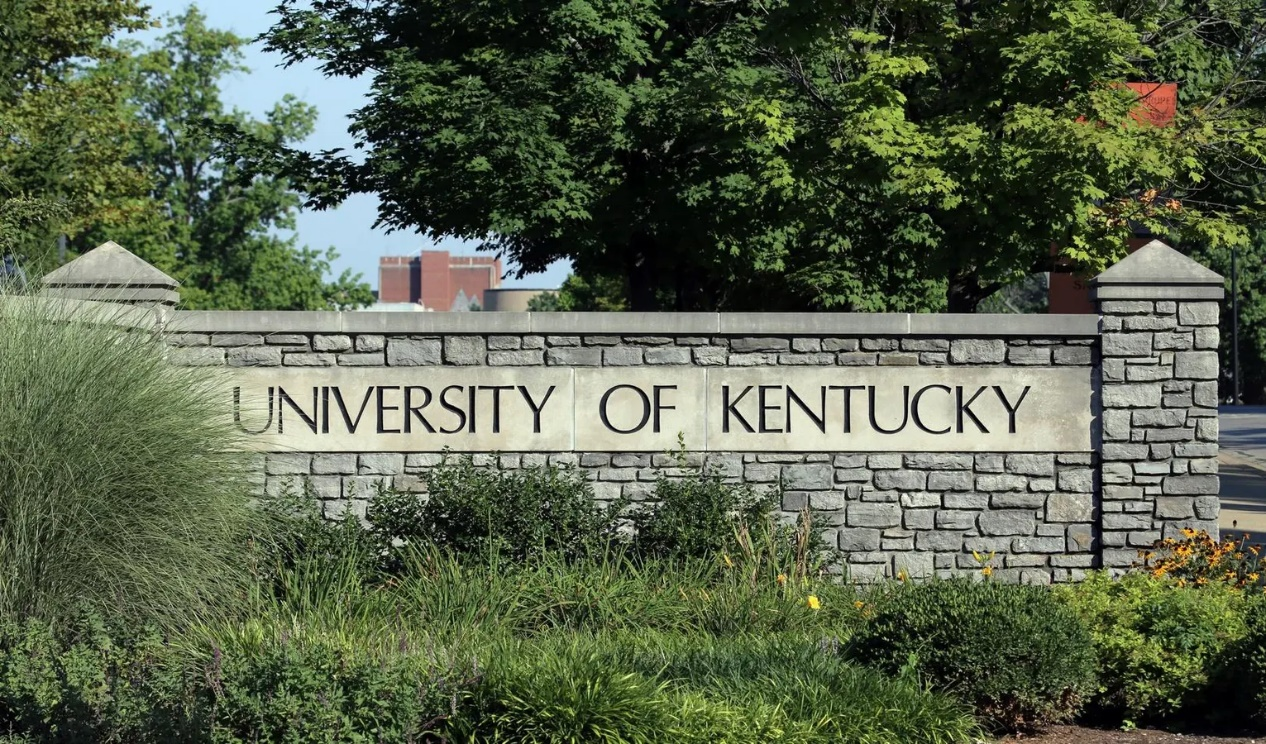Workshop Title:
Spirituality: Ideas and Emotions=Art
Workshop Basic Info:
Organizer:
University of Kentucky, School of Art and Visual Studies
Workshop Chair:
Personal Bio:
Dr. Garry R. Bibbs is Full Professor with an expertise in sculpture and printmaking at the University of Kentucky, College of Fine Arts, School of Arts and Visual Studies, is head of Sculpture Area in Art Studio area, and the MFA Graduate advisor. He has taught and created art at the University of Kentucky for the last 32 years. Graduated with a B.S. degree with honors in Arts Studio from Kentucky State University, a Master of Fine Arts degree from the University of Kentucky, and a 1986 Ford Postdoctoral Fellowship at the Chicago Art Institute- and an assistant to Renowned artist Richard Hunt, Chicago Il.
He has received numerous prestigious Art awards as the Ford Postdoctoral Fellowship from the National Academy of Sciences Washington, DC, the 2005 Al Smith award in Sculpture –Outstanding Kentucky artist award and the NEA Southern Arts Federation Award- Outstanding Printmaker award. Research travels to: Nairobi, Kenya, and Athens Greece. Web site: garrybibbsart.com.
Workshop Committee Members
Prof. Art Ed Allan Richards, Univ. Of KY, [email protected]
Prof. Art Studio Garry R. Bibbs, Univ. of KY, [email protected]
Venue:
University of Kentucky, School of Visual Arts and Visual Studies- Class room

Background:
The inspiration for this workshop originates from Dr. Allan Richards' book, "Global Consciousness through the Arts - Passport for Students." There exists a profound harmony in human beings when spirituality, humanity, and responsibility are in equilibrium. Spirituality, as we interpret it, serves as a moral compass, granting us a deeper sense of purpose and inherent responsibilities as human beings. Historical civilizations, spanning from the earliest societies in Africa to those in India, China, and South America, offer models illustrating that caring for oneself, others, and the community can propel societies to new heights of advancement. This belief underscores our conviction that spiritual development should be integral to a contemporary educational paradigm, fostering not only personal growth but also communal and societal progress.
Goal/Rationale:
The objective is to introduce a teaching method that enhances instructor involvement with students' self-identity through emotions and creative ideas. Art created without self-awareness, ideas, emotion, and spirit is lifeless. By adopting this approach, students feel free to express themselves and take pride in their work, leading to greater confidence and a sense of liberation. This method does not undermine the importance of technical skills but highlights them as essential to the creative process. While anyone can make something, true art requires the integration of ideas and emotions. I implement this approach at all educational levels, from introductory courses to BFA and MFA programs. Art records humanity and the times we live in. For example, 1968 was marked by the Hippie movement, Black Power, assassinations, and a culture of peace and love—an era thoroughly documented. I tell my students they are responsible for recording the essence of their time, 2024. They must consider what needs to be expressed and created to document this era. If no one speaks out, then what remains?
Scope and Information for Participants:
This teaching method has produced many successful sculpture students who have become not only accomplished artists but also great human beings, many of whom are now thriving across the United States. This workshop is aimed at any student, researcher, or individual interested in the intersection of spirituality, human emotions, and artistic creativity, and will explore how these elements contribute to a better understanding, respect, and sense of togetherness among human beings. The aim is to exchange experiences, share ideas, and celebrate achievements. It is also expected to offer solutions, recommendations, and discuss methodologies useful for fostering personal and communal growth through art. Several keywords are listed to share the potential themes with interested participants, while the topics are not limited to the provided keywords.
- Creativity
- Ideas
- Emotions
- Spirituality =Humanity
Topics
- Theoretical Sociology
- Historical Sociology
- Sociology of Knowledge
- Criminology
- Sociology of Religion
- Sociology of Economy
- Rural Sociology
- Urban Sociology
- Political Sociology
- Sociology of Demography
- Sociology of Law
- Industrial Sociology
- Drawing
- Painting
- Printmaking
- Sculpture
- Installation
- Fina Art Photography
- Illustration
- Editorial Design
- Advertising Design
- User experience design
- 3D Animation
- Corporate Design
Submission
All submitted papers should report original and unpublished work, experimental or theoretical, and are not under consideration for publications elsewhere. All papers should be no less than 4 pages in length and must strictly follow the format of the workshop template. All papers are subject to reviews and edits. Prospective authors are kindly invited to submit full text papers that includes title, abstract, introduction, tables/figures and references. Other styles of papers are not accepted. Please submit your papers in both .doc/.docx AND .pdf formats as attachments via email to [email protected] by the given deadline. It is unnecessary to submit an abstract in advance.
(workshop template )
Dates & Fees
| Submission Deadline | November 26, 2024 |
| Workshop Date | December 2, 2024 |
| Notification of Acceptance | 7-20 workdays |
| Registration Fee | USD 450 (cover 6 pages) |
| Additional Page | USD 40/extra page |
Publication
Accepted papers of the workshop will be published in Communications in Humanities Research (Print ISSN 2753-7064), and will be submitted to Conference Proceedings Citation Index (CPCI), Crossref, CNKI, Portico, Google Scholar and other databases for indexing. The situation may be affected by factors among databases like processing time, workflow, policy, etc.
Publication info
Press: EWA Publishing, United Kingdom
ISSN: 2753-7064(print) / 2753-7072(electronic)
Ways to Participate
To break the barriers of time and space and to provide seamless communication opportunities for worldwide scholars, both online and offline participation methods are supported for the workshop. Participants are encouraged to bring their own insights, experiences, and examples to share with the group through either presenting a poster online or attending in person.
Poster Session
The poster session will provide an opportunity for researchers to present their work in a visual and interactive way, allowing for more engagement and discussion with other attendees. Authors of qualified papers will be invited to present their works with digital posters. We believe that this online poster session will still be a great platform for participants to share, discuss, and cooperate.
All accepted authors will receive an invitation email to present at the official workshop website. Please note that all poster presenters must submit the poster before November 26, 2024. Detailed information on your presentation date and time will be confirmed closer to the meeting. If you have any questions, please email [email protected].
Poster Presentation Guidelines
-
Poster presentations must be prepared using the template provided:
*Poster layout template for poster presentation (download)*Poster layout background (download)
- Posters should generally be in A1 size (width: 594mm x height: 841mm)
and include the
followings:
Title, author and co-author names, and the affiliation(s) information.
Body parts, including "Abstract", "Introduction", "Methods", "Results", "Discussion" and "Conclusions".
- Presenters are suggested to set the font size properly and avoid placing anything at the margin part of the poster as it will be difficult to view.
- Posters should be well illustrated. All the pictures used should be high quality and with high resolution.
- All the posters will be displayed online on the official website. Each poster will have both a small thumbnail and a full-size version.
- Posters will be displayed during the online session. After the presentation is over, the full-size version of all posters will become invisible. But thumbnails still can be seen on the website.
(You can refer to the instructions for more detailed information. Additional presentation guidelines may be announced by workshop committees.)
Attendance Onsite
The workshop welcomes participants to attend on-site and share the innovative experiences and researches with the group. Therefore, we provide some general information about the visa application. If you want to attend the workshop on-site, please email the workshop committee: [email protected].
VISA:
In order to ensure the information is correct and up to date, there may be changes which we are not aware of. And different countries have different rules for the visa application. It is always a good idea to check the latest regulations in your country. This page just gives some general information of the visa application.
US Visa Information
The B-1/B-2 visitor visa is for people traveling to the United States temporarily for business (B-1) or for pleasure or medical treatment (B-2). Generally, the B-1 visa is for travelers consulting with business associates; attending scientific, educational, professional, or business
conventions/conferences; settling an estate; or negotiating contracts. The B-2 visa is for travel that is recreational in nature, including tourism; visits with friends or relatives; medical treatment; and activities of a fraternal, social, or service nature. Often, the B-1 and B-2 visas are combined and issued as one visa: the B-1/B-2.
-
Application Items
If you apply for a business/tourist visa, you must pay your $160 application fee and submit the following:
- A Nonimmigrant Visa Electronic Application (DS-160) Form. Visit the DS-160 web page for more information about the DS-160.
- A passport valid for travel to the United States with a validity date at least six months beyond your intended period of stay in the United States (unless country-specific agreements provide exemptions). If more than one person is included in your passport, each person desiring a visa must submit an application.
- One (1) 2 x 2 inches (51 x 51 mm) photograph taken within the last six months.
- If a visa is issued, there may be an additional visa issuance reciprocity fee, depending on your nationality.
In addition to these items, you must present an interview appointment letter confirming that you booked an appointment through this service. You may also bring whatever supporting documents you believe support the information provided to the consular officer.
-
Supporting Documents
- Invitation letter from business or school.
- Detailed CV or resume including a list of publications.
- Complete itinerary, including all meetings, conferences, and visits; include names, addresses, and telephone numbers of your hosts.
- For other materials, please refer to the U.S. Embassy or Consulate website.
NOTICE:
Should your application be denied, the organizing committee cannot change the decision of visa officer, nor will ICADSS engage in discussion or correspondence with the visa application center on behalf of the applicant. The registration fee CANNOT be refunded when the VISA application of individual being denied.





